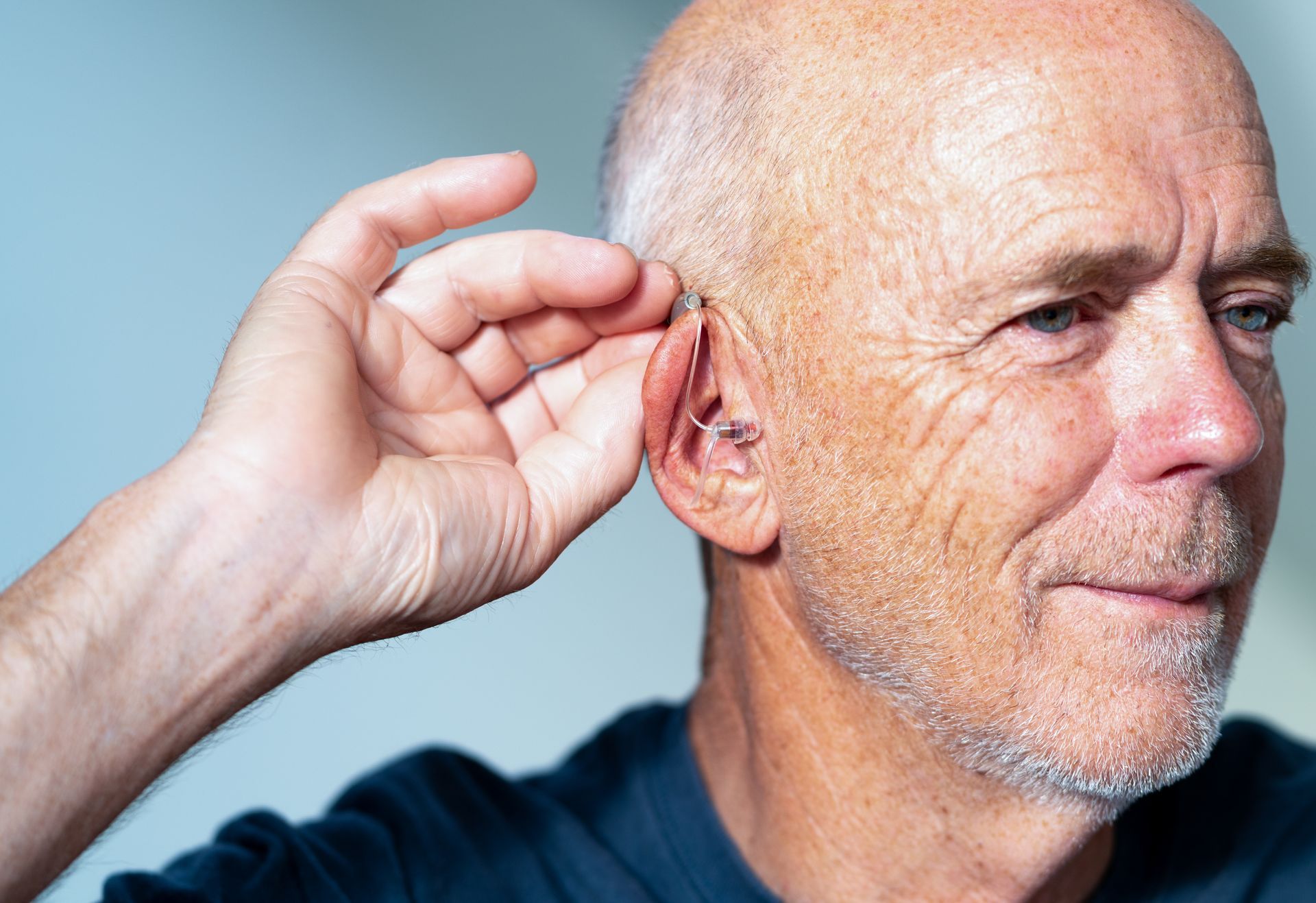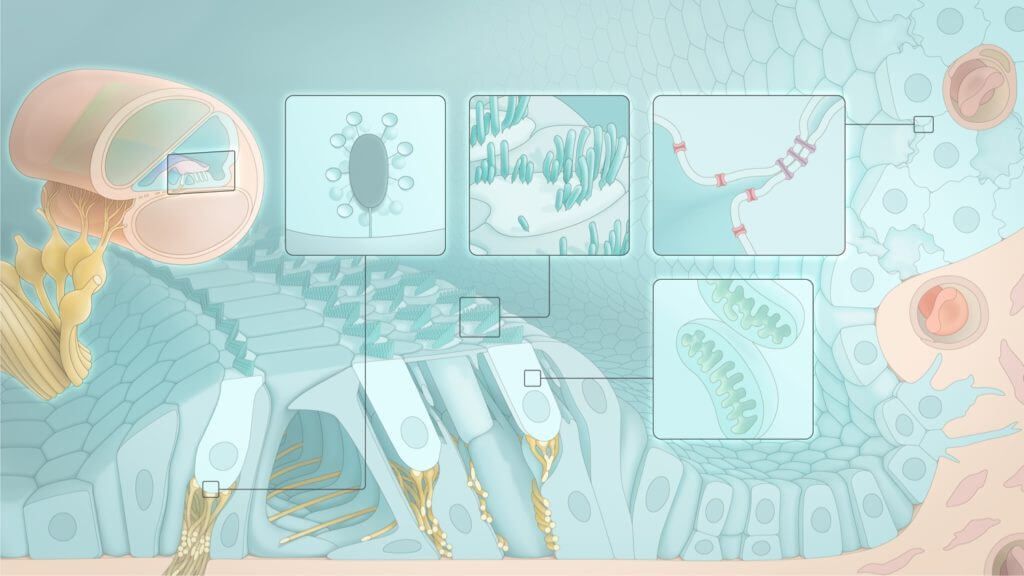How Does Cardiovascular Health Contribute To Hearing Loss?
Good cardiovascular health greatly improves your quality of life and may even help prevent hearing loss. Let’s take a look at the effect poor cardiovascular health may have on hearing loss, as well as how you can prevent it.
The Effect of Cardiovascular Disease on Hearing Loss
A study on the influence of cardiovascular health on auditory function in adults found a significant relationship between the two, with poor cardiovascular health leading to decreased auditory function.
One potential reason poor cardiovascular health may impact hearing involves blood flow to the ears. Coronary artery disease, a common heart condition, affects the major blood vessels that supply the heart and other parts of the body. Coronary artery disease is usually caused by a build-up of plaques in the heart’s arteries. This build-up is called atherosclerosis and can reduce blood flow to the heart and other parts of the body. Reduced blood flow can cause a heart attack, chest pain, stroke and may even lead to permanent hearing loss.
The tiny hair cells inside your inner ear transmit sound to your brain. Reduced blood flow from coronary artery disease can cause permanent damage to the hair cells and lead to hearing loss. Because the hair cells of the inner ear do not regenerate, taking care of them by maintaining good cardiovascular health is essential.
Tips for Better Cardiovascular Health
The Centers for Disease Control suggests forming the following four healthy habits for better cardiovascular health:
- Choose healthy foods. A diet high in fruits and vegetables and low in processed foods can help keep your heart healthy. Processed foods are high in sodium, sugar, cholesterol and saturated and trans fats, all of which, consumed in excess, can lead to poor heart health.
- Limit alcohol consumption. Drinking too much alcohol can raise your blood pressure and contribute to the development of heart disease. The recommended limits for alcohol vary from person to person, so talk to your doctor to find the correct amount for you.
- Stay active. Regular physical activity can lower your blood pressure, cholesterol and blood sugar, all of which help improve cardiovascular health. Try going for a walk or swimming at Naples Beach to include a little extra exercise in your daily routine.
- Don’t smoke. Smoking cigarettes significantly increases your risk for heart disease. Avoid smoking in any amount to protect your heart health.
Taking care of your cardiovascular health will benefit your overall health and could decrease your risk of developing heart disease-related hearing loss.
For questions about maintaining good hearing health, contact one of our trusted audiologists at Center For Hearing today.
- Understanding Infant Hearing Loss
- The Relationship Between Exercise and Hearing Loss
- Muffled Hearing: Common Causes and Solutions



